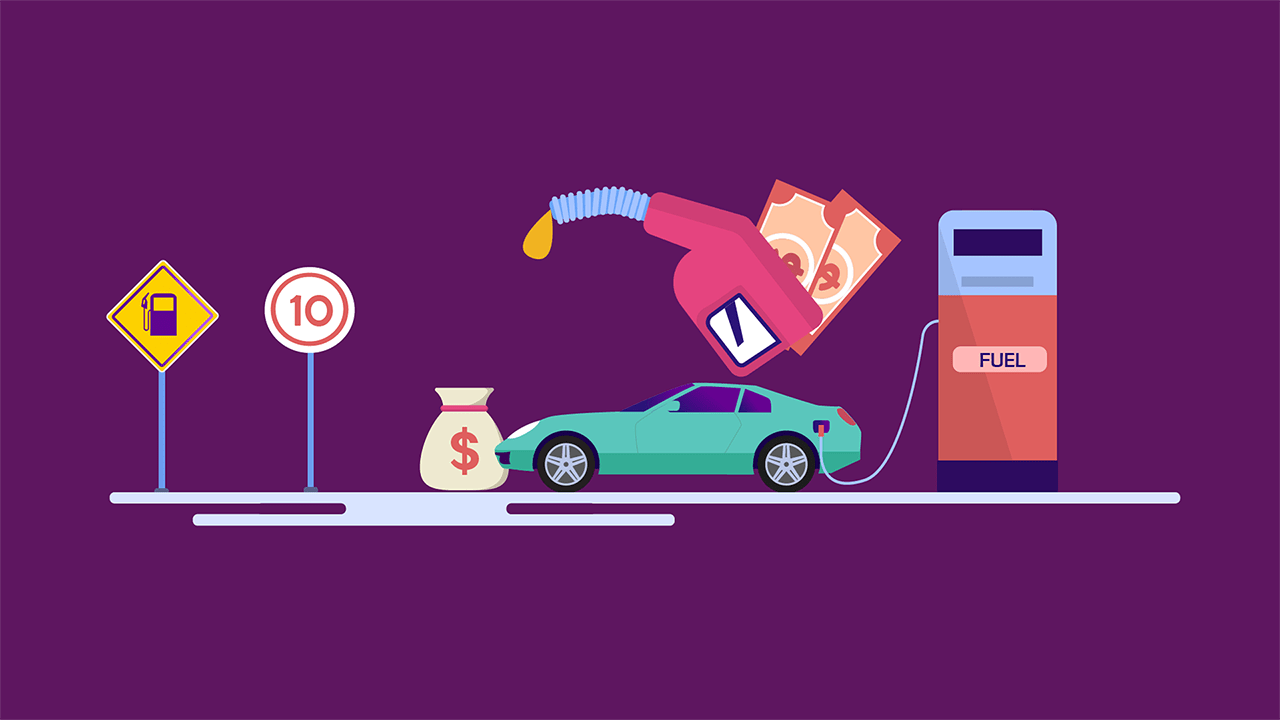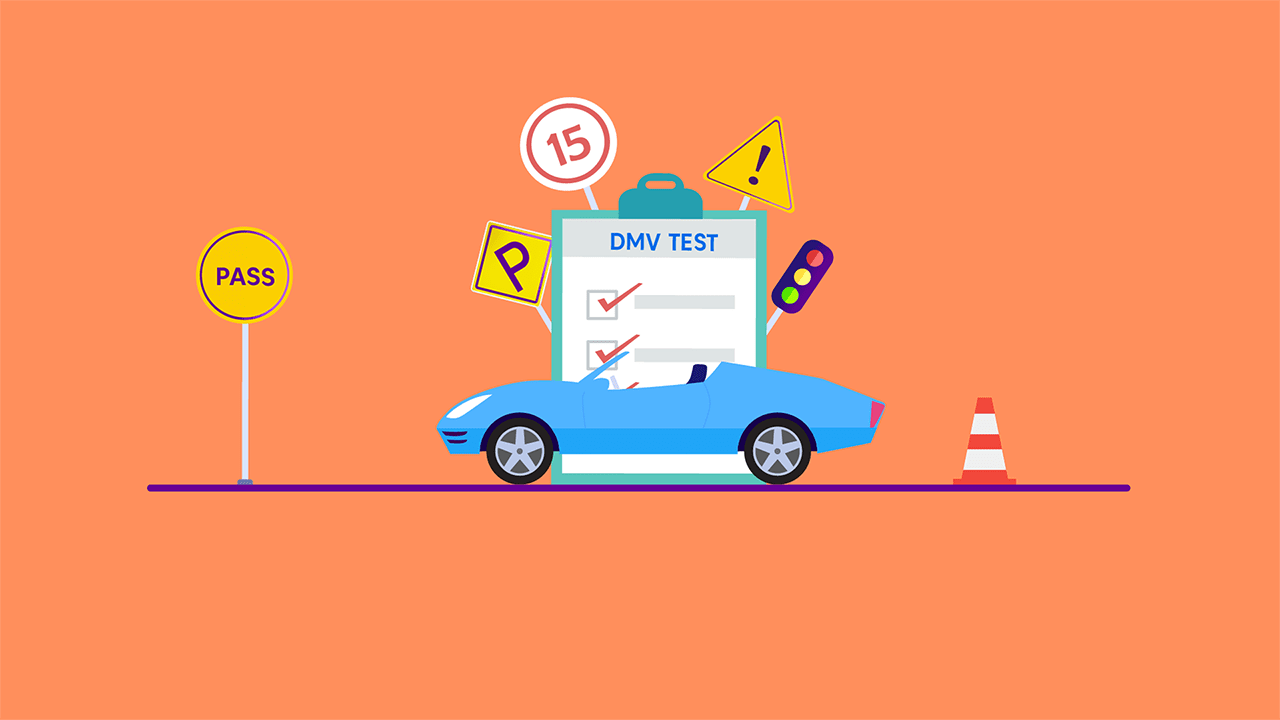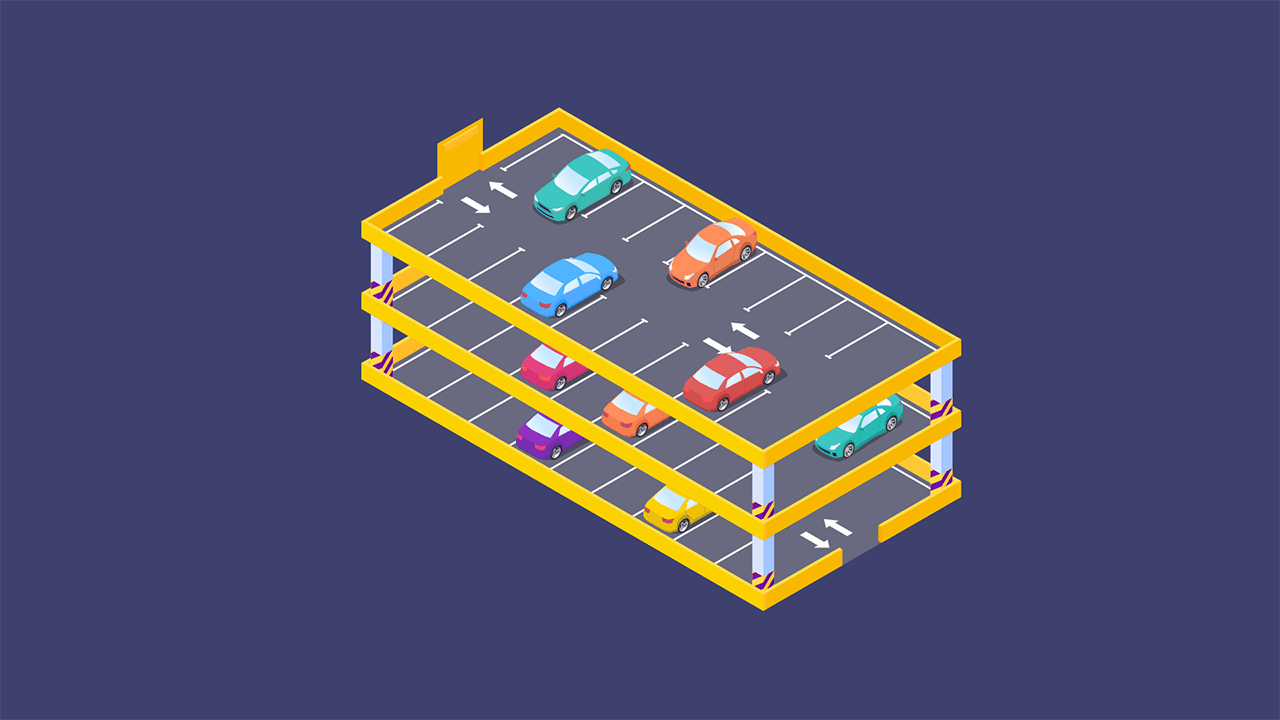How You Reduce Fuel Consumption: 10 Easy Ways to Reduce
By Umm e Hani on Apr 30, 2024Contents
In today's world, fuel efficiency is not just a matter of saving money. It is also about environmental responsibility. As we face rising fuel costs and the growing impact of climate change, reducing our fuel consumption is essential. It is important for a sustainable future. Fortunately, there are numerous simple yet effective ways to improve your vehicle's fuel efficiency. It will save you money and reduce your environmental footprint.
Follow These 10 Ways To Reduce Fuel Consumption
1. Drive Smoothly
Adopting a smooth driving style is one of the simplest yet most effective ways to enhance fuel efficiency. Harsh accelerations and sudden braking waste fuel. They also contribute to excessive wear and tear on your vehicle's components. Instead, opt for gradual acceleration and braking maneuvers. This approach allows your vehicle to build speed steadily and conserve energy during deceleration.
2. Maintain Your Vehicle Regularly
Regular vehicle maintenance plays a crucial role in optimizing fuel efficiency. If you stick to the manufacturer's recommended maintenance schedule, you can benefit from many things. Like you can be rest-assured that your vehicle's engine, and other components are functioning optimally. This includes routine tasks such as oil changes, tire pressure checks, air filter replacements, and tune-ups.
3. Avoid Excessive Idling
Idling, the practice of leaving your engine running while parked can significantly diminish fuel economy. Unnecessary idling can consume up to a quarter of a gallon of fuel per hour. Therefore, it's important to turn off your engine whenever you're not actively driving. Whether it's waiting in line, parked at a store, or stuck in traffic.
4. Utilize Cruise Control on Highways
Cruise control proves to be a valuable asset for enhancing fuel efficiency. This is particularly on highways. By maintaining a consistent speed, cruise control eliminates the unnecessary acceleration. And braking associated with manual driving, leading to improved fuel economy. This feature is especially beneficial for long-distance trips.
5. Drive in the Appropriate Gear
Selecting the correct gear for the given driving conditions is crucial for optimizing fuel efficiency. Overdriving in a low gear or underdriving in a high gear can strain the engine and increase fuel consumption. Consult your vehicle's owner's manual. They will help you to determine the appropriate gear for specific driving scenarios.
6. Avoid Rush Hour Traffic
Navigating through congested rush hour traffic can significantly impact fuel economy. The frequent stops, starts, and slow-moving traffic associated with rush hour conditions. This lead to increased fuel consumption. If possible, consider altering your commute schedule to avoid the peak traffic hours.
7. Embrace Alternative Transportation Options
Whenever feasible, consider using public transportation, carpooling, or cycling instead of driving. These alternative transportation modes not just reduces fuel consumption and associated emissions. But they also contribute to easing traffic congestion and promoting a healthier environment.
8. Reduce Excess Vehicle Weight
The weight of your vehicle directly impacts fuel efficiency. Carrying unnecessary items can increase fuel consumption. Regularly declutter your vehicle to eliminate unnecessary weight and improve fuel economy.
9. Maintain Proper Tire Pressure
Underinflated tires can significantly impair fuel efficiency. Ensure that your tires are inflated to the manufacturer's recommended pressure level. It can be found on a sticker inside the driver's door jamb. Regularly checking and adjusting tire pressure can optimize fuel economy and extend tire lifespan.
10. Choose a Fuel-Efficient Vehicle
When selecting a new vehicle, prioritize fuel efficiency by considering models with high MPG ratings. The EPA's Fuel Economy Guide provides valuable information on the fuel efficiency of various vehicles. It allows you to make an informed decision that aligns with your driving needs and environmental goals.
That’s A Wrap!
Remember, every little bit counts. Small changes in your driving behavior can make a substantial difference over time. Embrace fuel-efficient driving and drive towards a greener future.
FAQ
What is the biggest impact on fuel consumption?
The biggest impact on fuel consumption is your driving habits. By following the gas saving tips above, you can significantly improve your fuel efficiency.
What are some other ways to reduce my carbon footprint?
In addition to reducing fuel consumption, there are many other things you can do to reduce your carbon footprint. These include:
- Recycling
- Composting
- Using energy-efficient appliances
- Walking or biking whenever possible.
What are some government incentives for buying fuel-efficient cars?
There are a number of government incentives available for buying fuel-efficient cars. These incentives can save you thousands of dollars on the purchase price of a new car.
Does Cruise Control Save Gas?
Yes, cruise control can save gas by maintaining a consistent speed. By preventing unnecessary acceleration and deceleration. That optimizes fuel efficiency on highways.
How To Get Better Gas Mileage?
To improve gas mileage, ensure:
- Regular vehicle maintenance
- Drive smoothly
- Maintain proper tire pressure
- Plan efficient routes to minimize unnecessary mileage.
Does Ac Burn Gas?
Yes, using the air conditioner can increase fuel consumption. There are different ways to save on gas. To save gas, consider using the AC sparingly and rely on ventilation when possible.
How To Save Money On Gas?
Save money on gas by adopting fuel-efficient driving habits. Keep your vehicle well-maintained, and taking advantage of loyalty programs or discounts offered by gas stations.
Does Driving Slower Save Gas?
Yes, driving slower can save gas by reducing aerodynamic drag and optimizing fuel efficiency. This is especially for highways where maintaining a steady speed is beneficial.
Does Cruise Control Use More Fuel?
No, cruise control generally helps save fuel by maintaining a constant speed. It prevents unnecessary acceleration, contributing to better gas mileage during highway driving.
Does Idling Waste Gas?
Yes, idling wastes gas as the engine continues to run without moving the vehicle. Turn off the engine during prolonged stops to conserve fuel.
What Is The Best Speed For Gas Mileage?
The most fuel-efficient speed varies by vehicle. Generally it speeds between 45-65 mph on highways.
Does Car Heater Use Gas?
Yes, the car heater uses engine heat, which is a byproduct of burning fuel. However, the impact on overall fuel consumption is usually minimal.
Does Driving Faster Use More Gas?
Yes, driving faster increases aerodynamic drag and requires more fuel to overcome resistance. Slower speeds generally contribute to better fuel efficiency.
Why Is It Important To Maximize Fuel Economy?
Maximizing fuel economy is crucial for cost fuel savings, reducing environmental impact. This promotes a greener and more efficient transportation system.


